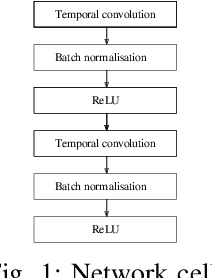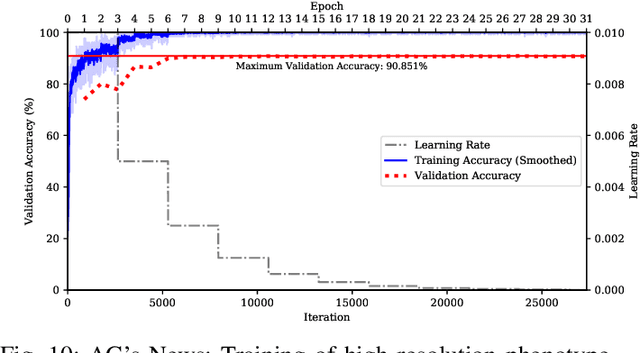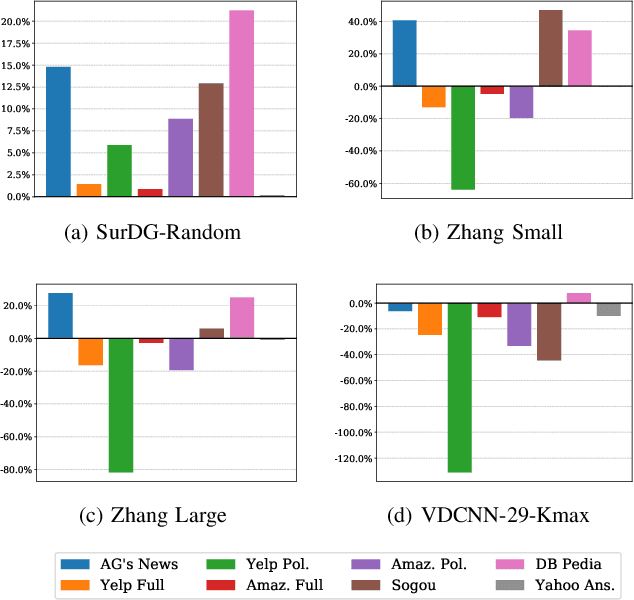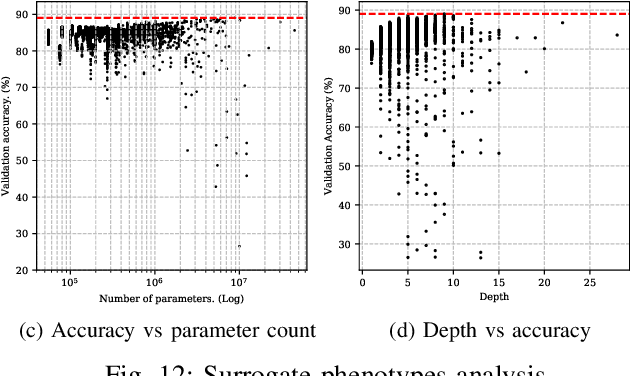Evolving Character-level Convolutional Neural Networks for Text Classification
Paper and Code
Dec 03, 2020



Character-level convolutional neural networks (char-CNN) require no knowledge of the semantic or syntactic structure of the language they classify. This property simplifies its implementation but reduces its classification accuracy. Increasing the depth of char-CNN architectures does not result in breakthrough accuracy improvements. Research has not established which char-CNN architectures are optimal for text classification tasks. Manually designing and training char-CNNs is an iterative and time-consuming process that requires expert domain knowledge. Evolutionary deep learning (EDL) techniques, including surrogate-based versions, have demonstrated success in automatically searching for performant CNN architectures for image analysis tasks. Researchers have not applied EDL techniques to search the architecture space of char-CNNs for text classification tasks. This article demonstrates the first work in evolving char-CNN architectures using a novel EDL algorithm based on genetic programming, an indirect encoding and surrogate models, to search for performant char-CNN architectures automatically. The algorithm is evaluated on eight text classification datasets and benchmarked against five manually designed CNN architecture and one long short-term memory (LSTM) architecture. Experiment results indicate that the algorithm can evolve architectures that outperform the LSTM in terms of classification accuracy and five of the manually designed CNN architectures in terms of classification accuracy and parameter count.
 Add to Chrome
Add to Chrome Add to Firefox
Add to Firefox Add to Edge
Add to Edge